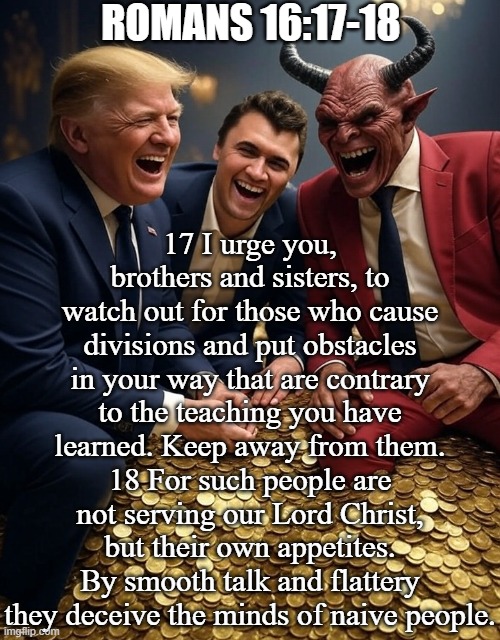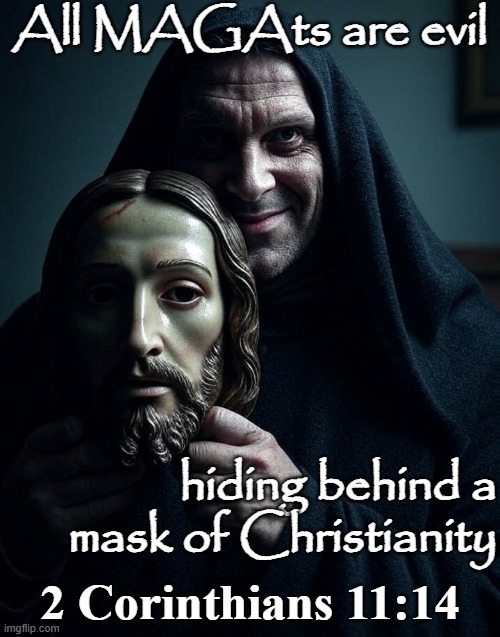Guno צְבִי
We fight, We win, Am Yisrael Chai
Kirk was a victim of a pernicious culture of violence in America—but it must also be acknowledged that he was an author of that culture.
It is one thing to condemn, as we all should, the brutal murder of Charlie Kirk or, for those who cared about him, to mourn his death.
It is quite another to turn Kirk into a MAGA saint, or to use his death as a Reichstag fire-like justification for increasing Trump’s authoritarian chokehold on America.
The president of the United States has ordered all flags in the United States to fly at half-mast. He has announced he will posthumously award Kirk the Presidential Medal of Freedom. The vice president decided to skip out on 9/11 observations—among the most solemn on the federal calendar—to be with Kirk’s family.
He then offered Air Force Two to fly Kirk’s casket from Utah to Arizona. The Secretary of Defense used a 9/11 remembrance speech to salute Kirk. Congress declared a moment of silent reflection on the loss. So too did sporting events across America. Trump called Kirk “a martyr.”
As if Charlie Kirk were some kind of American hero.
But Kirk was no hero. The record is clear. If Kirk was a victim of a pernicious culture of violence in America, it must also be acknowledged that he was an author of that culture.
His primary accomplishment in life was to foment hatred and division across the United States. He blamed all of America’s ills on the left, and cheered violent attacks on Democrats. He fought against equal rights for many Americans; some of his last words were condemning women’s reproductive freedoms. He promoted America’s gun pathology, and asserted the death of innocents was an acceptable cost for that culture.
Much of his political identity was tied up in the dangerous promotion of white Christian nativism and its alliance with the most corrupt president in American history—a felon, a sex offender, a man who incited an insurrection against the United States government.

Why MAGA’s Canonization of Charlie Kirk Is Truly Monstrous
Kirk was a victim of a pernicious culture of violence in America—but it must also be acknowledged that he was an author of that culture.



